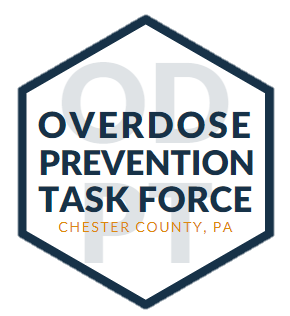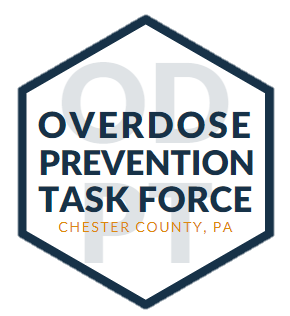What Is Prevention?
Prevention is defined as action taken to prevent individuals from using alcohol, tobacco, marijuana or other drugs by implementing programming and services which primarily targets school-aged youth but also includes parents, school, and community.
Chester County Department of Drug and Alcohol Services supports and encourages the implementation of six federally-approved effective prevention strategies: alternative activities, community-based process, education, environmental, information dissemination and problem identification and referral.
Additionally, we believe prevention is a science, and that substance misuse can be combated by exploring risk and protective factors and implementing data-driven effective prevention strategies which can yield both individual and environmental change. Chester County Department of Drug and Alcohol Services uses several sets of data, such as the PAYS data to support prevention strategies.
In Chester County, prevention services consist of age-appropriate, school-based and community-based programs, education and awareness on Alcohol, Tobacco and Other Drug (ATOD) topics, identification and referral of students at risk, and information and referral related to prevention, treatment and recovery services for community members.
Chester County Department of Drug and Alcohol Services funds several prevention programs in Chester County all of which are provided at no charge.
Types of programs include:
School-based prevention programs— Alcohol, Tobacco and Other Drug (ATOD) presentations & programs for youth in school, such as Project Toward No Drug Abuse (PTND), CATCH my Breath, and more.
Community-based programs— Programs for youth in after-school and community settings such as Skills for Life. Additionally, educational programs and resources for adults such as Have you Had the Conversation, Drug Deactivation Bags, and more.
Student Assistance Program— designed to assist school personnel in identifying issues including alcohol, tobacco, other drugs, and mental health issues which pose a barrier to a student’s success. The primary goal of the Student Assistance Program (SAP) is to help students overcome these barriers in order that they may achieve, remain in school and advance.
Environmental Strategies—Initiatives implemented to influence incidence and prevalence of alcohol, tobacco and other drugs and problem gambling in the community such as Project Sticker Shock.
Information and Referral— Support for community members who are seeking information on prevention, treatment and recovery services. Support services include:
Information & Referral hotline & web chat (M-F 8AM-5PM)
(717) 299-2831 or www.compassmark.org
Streaming lending library - https://www.compassmark.org/lending-library/
Community education
Resource library – on site, 590 Exton Commons, Exton, PA 19341


